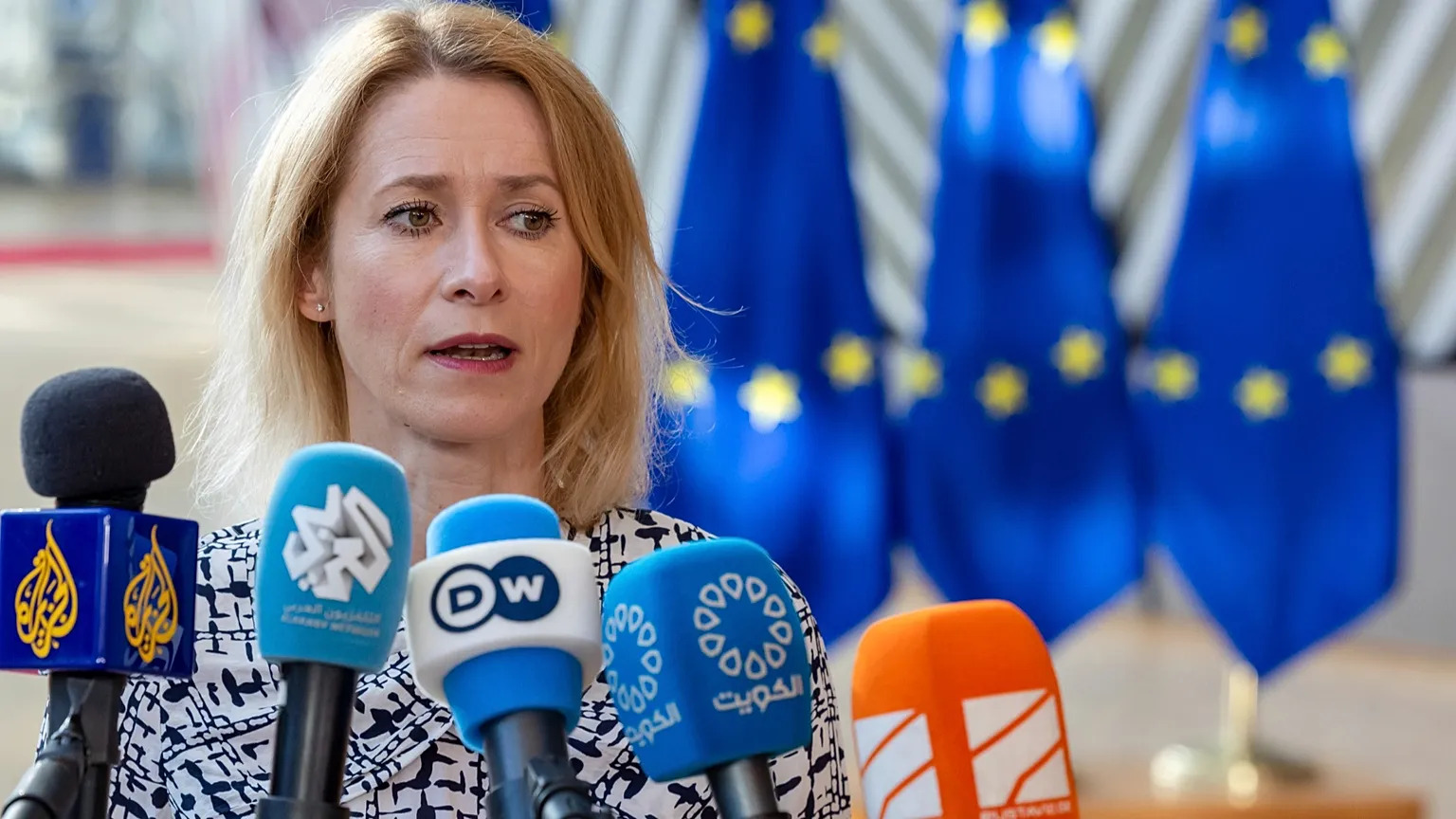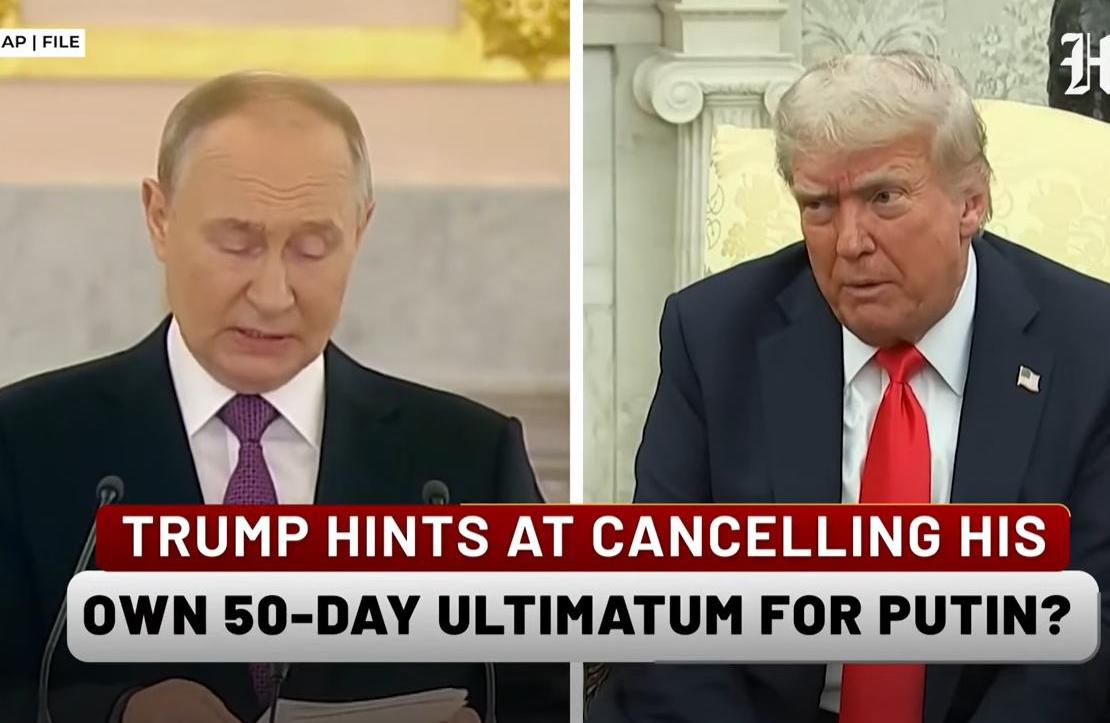
Jade Wong, Senior Fellow, Gordon & Leon Institute
Aug 26, 2025
The Alaska Summit signals a revival of major power coordination, with Europe determined not to forsake the peace dividends it has accrued over the decades. Seasoned by centuries of geopolitical maneuvering, European powers are poised to actively shape their own destinies rather than succumb to the will of others.

Xiao Bin, Deputy Secretary-general, Center for Shanghai Cooperation Organization Studies, Chinese Association of Social Sciences
Jul 25, 2025
Second round of Trump-Putin engagement incorporates elements of strategic deterrence but has failed to resolve the conflict. That’s because the war reflects a deeper struggle over institutions, grand strategy and competing value systems.
Sebastian Contin Trillo-Figueroa, Geopolitics Analyst in EU-Asia Relations and AsiaGlobal Fellow, The University of Hong Kong
Mar 21, 2023
Europe’s trade relationship with the Indo-Pacific region is the highest valued of any in existence, and yet its leaders are moving surprisingly slow when it comes to their announced ambitions in the region. This is partially due to geopolitical concerns as tensions mount between China and the U.S.

Fan Gaoyue, Guest Professor at Sichuan University, Former Chief Specialist at PLA Academy of Military Science
Feb 17, 2023
The United States is the biggest winner in the Russia-Ukraine conflict. It’s using it to beef up and modernize its own military and economy. Everyone else has lost. No end is in sight, but one thing is certain: The longer the conflict lasts, the more the U.S. benefits.
Sun Chenghao, Fellow, Center for International Security and Strategy of Tsinghua University; Munich Young Leader 2025
Jul 13, 2022
A significant step in the Biden administration’s effort to realign NATO is the attempt to link the Atlantic and Pacific strategies. The U.S. is doing this in part by amplifying the so-called China threat in the Asia-Pacific and exporting the NATO concept of alliances against big powers.
Zhang Yun, Professor, School of International Relations, Nanjing University
Jul 12, 2022
What has evolved is a sort of pseudo-multilateralism in Europe and Asia. After the Cold War, ASEAN developed into a mature community. But with the increasing hype of regional tensions came the idea that Asia can only be safe when relying on a NATO-like military grouping featuring live ammunition.
Wu Zhenglong, Senior Research Fellow, China Foundation for International Studies
Mar 28, 2022
Punishments of Russia cut both ways for the West and may even be self-defeating. The European and U.S. economies are suffering a backlash in rising energy prices, shrinking corporate profits and inflation-induced economic hardships.
Richard Javad Heydarian, Professorial Chairholder in Geopolitics, Polytechnic University of the Philippines
Mar 24, 2022
Russia has quietly become a major player in Southeast Asia by arming and supporting many of China’s rivals. But strategic alignments in the region may soon change following Russia’s invasion of Ukraine leading to a growing dependence on China.
Tom Watkins, President and CEO of the Economic Council of Palm Beach County, FL
Mar 23, 2022
China may be on the rocks as it attempts to sort through its options and navigate the challenge that Russia’s invasion/war with Ukraine has created for them.
Brian Wong, Assistant Professor in Philosophy and Fellow at Centre on Contemporary China and the World, HKU and Rhodes Scholar
Mar 23, 2022
China’s close strategic ties to Russia make it hard to come out in full-throated condemnation of the violence in Ukraine along with much of the world. Yet there are actionable methods that China can use to try and help save lives of innocent citizens.
Back to Top

- China-US Focus builds trust and understanding between the U.S. and China through open dialogue among thought leaders.
- Our Offerings
- Topics
- Videos
- Podcasts
- Columnists
- Research Reports
- Focus Digest
- Stay Connected
-
Thanks for signing up!
- Get the latest stories from China-US Focus weekly.